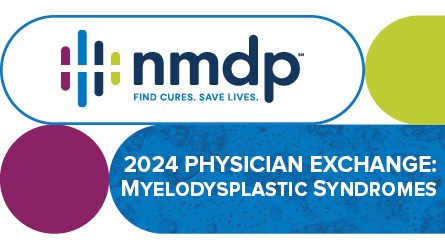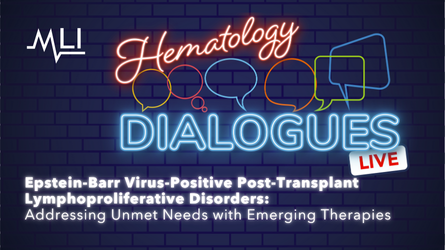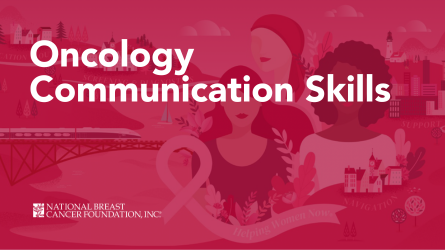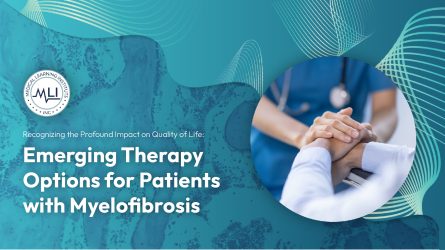- On-Demand
DIABESITY DIALOGUES:Beyond Inertia: Advancing T2D Care With Innovative Basal Insulin Strategies
- Credit: 1.50hr(s)
- CME, CPE, NCPD
- June 21, 2024 —
- June 20, 2025
- Therapeutic Areas: Diabetes
- Specialties: Endocrinology, Primary Care
- Location: Internet Activity Enduring
Discover the forefront of diabetes care at Diabetes Dialogues LIVE, targeting the latest in once-weekly basal insulin therapy, including unique mechanism of action and pharmacokinetic/pharmacodynamic properties. Join fellow endocrinologists to unpack recent safety and efficacy data. Additionally, hear discussion about basal insulin therapy for patient care and how to best ensure adherence through effective T2D management. Delve into clinical trials outcomes, glycemic control, weight management, and hypoglycemia risks. Engage in essential scientific discourse to shape the future of diabetes treatment. Do not miss this event for an insightful blend of data and practice.
This activity is derived from the Live ISS Meeting at ENDO, originally held on June 1, 2024.







